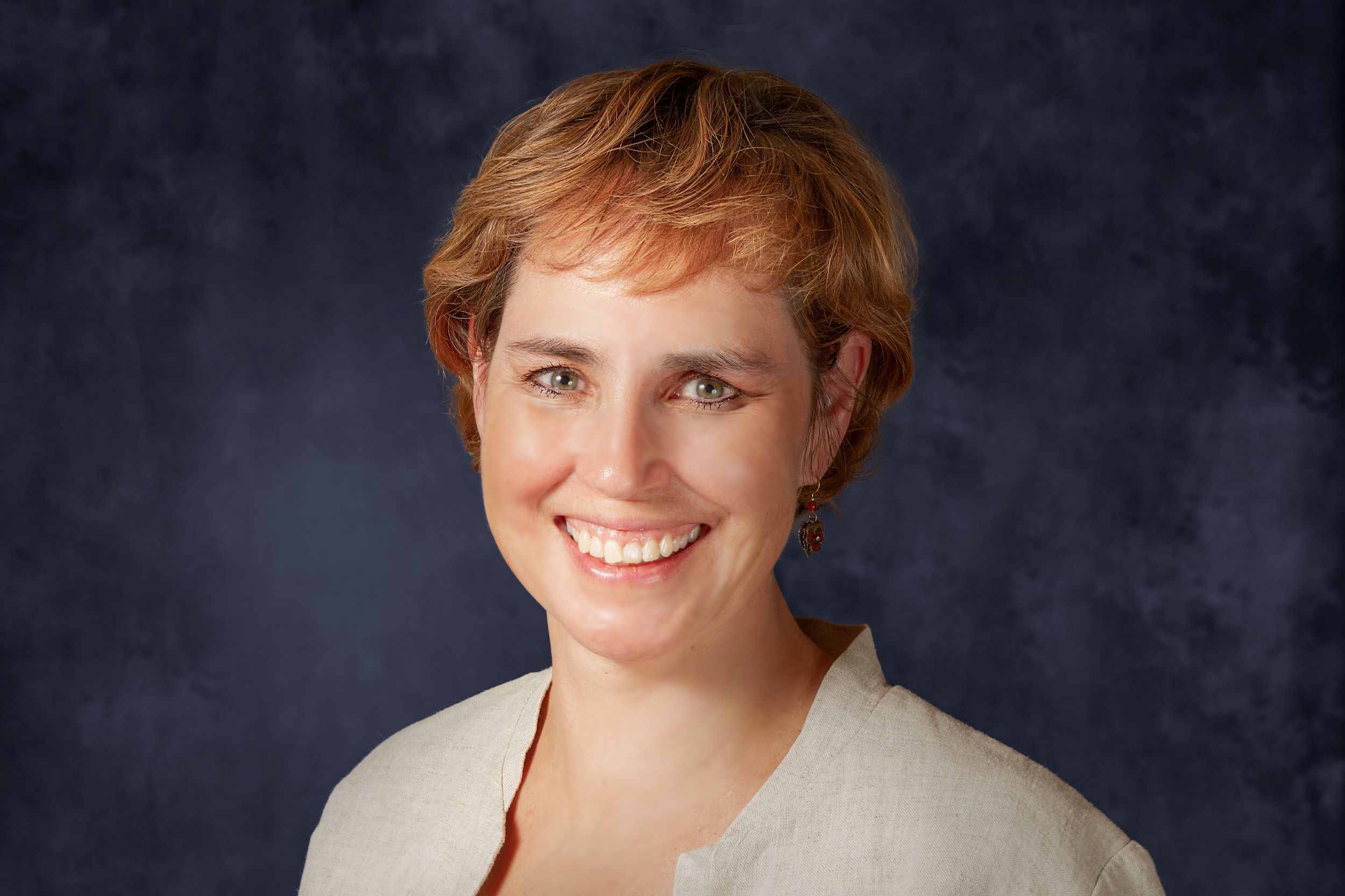President's Letter
Dear Members:
In our last survey we asked members what they want from the AMA. They expect representation and negotiations, but also want advocacy to explain the state of health care to Albertans. This includes advocating for sustainability of family medicine/primary care, the importance of the Patient's Medical Home and the serious situation in rural medicine where COVID-19 has worsened ongoing gaps in local health care teams.
The profession knows the fundamental importance of community care. This does not diminish the value of acute care or our support for it, but everyone understands that without primary care, there is no system at all. In late December, I published an op-ed submission with Post Media on the importance of community care in relation to Omicron. I wrote that the AMA continues to advocate and work with government for the kind of support needed to ensure sustainable and safe practices for community physicians. It was co-signed by the presidents of the sections of Family Medicine, Rural Medicine and Emergency Medicine, along with the Co-Chairs of the Specialty Care Alliance. I am grateful for this support.
Sustainability of community care relates directly to current AMA advocacy about the COVID-19 care deficit. Every pandemic wave disrupts more care, and we fall farther behind. The Board wants to fully understand the issues and seek solutions with government and others. No one has all the answers, but we can ask questions, listen to what we are told and talk together about how to sustain fragile community practices while addressing the backlog of care in COVID-19’s wake. We need to follow through with meaningful plans and resources in response.
For patients, the message is that physicians are here for them, but under enormous strain, pressure and burnout at this time. The care they receive and the way our practices work may look different in the short and long term, so we ask for their understanding and help, including keeping up the fight against COVID-19 and adhering to the latest public health guidance. I will be conveying these and
other messages whenever possible.
To help you and your staff have similar conversations with patients if the opportunity arises, we’ve provided two posters and talking points. I hope these resources will be helpful. There will be more to follow on other advocacy subjects and I will be sure to let you know what your patients may be hearing from the AMA in media, social media and editorial spaces.
The Joint Physician Advocacy Committee has been helping us prioritize topics for advocacy, feeding in concerns from grassroots members. Formerly the Joint Task Force, the JPAC has been working in a new and larger role since the fall, bringing specialists and primary care together to support and advise on AMA advocacy activities. You’ve seen the results in AMA communications activity.
For example, today’s letter further acknowledges that physician practices are struggling and unstable. We hope that our new interest-based approach to negotiations will guide us to an agreement, restore necessary stability and provide a foundation to address the immense care deficit that has developed.
Physicians have immediate needs, however. That’s why the AMA and government agreed to act on some priority requirements, as a prerequisite to negotiations. More virtual codes will be discussed, but we hope the two new codes put in place for family medicine provide at least some relief where we believe the greatest practice instability exists. Planned changes have been delayed to stipends, Z-code and AHS overhead changes so that we can develop a comprehensive compensation framework. Members can be comfortable that maternity leave, physician health and physician locum programs remain in place through discussions. Physicians have new input into COVID-19 response and public communication.
There are difficult weeks ahead and we will continue to advocate for what you need. I will keep you informed and be in touch again soon. You may get in touch directly by email if you would like a reply: president
Stay safe and well and look after yourselves and each other. I see strained faces on Zoom screens and in the hallways of my clinic and local hospital. Never hesitate to reach out to the Physician and Family Support Program – confidentially, 24/7 – if you’re struggling: 1-877-SOS-4MDS (767-4637).
Sincerely,
Vesta Michelle Warren, MD, CCFP, FCFP
President, Alberta Medical Association
